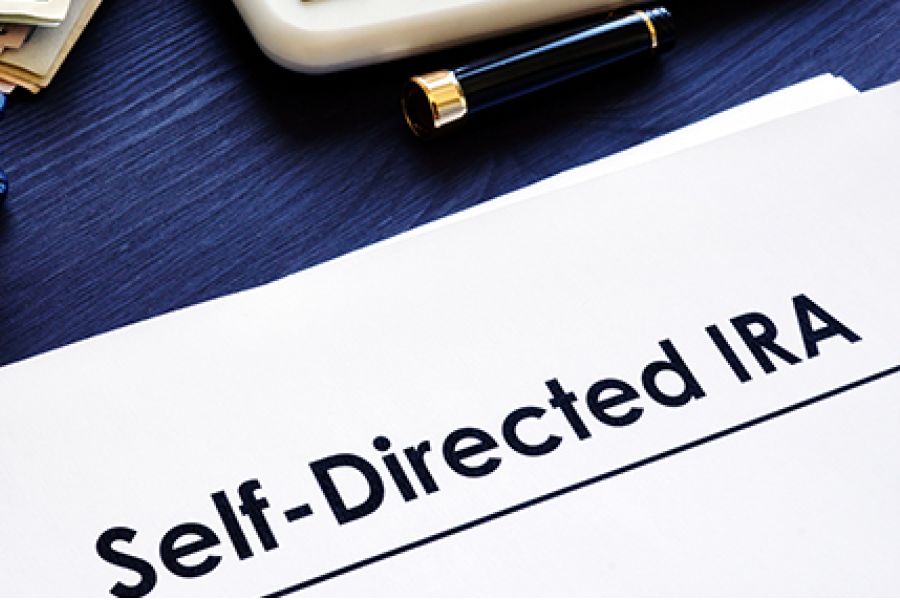Traditional and Roth IRAs can be powerful estate planning tools. With a “self-directed” IRA, you may be able to amp up the benefits of these tools by enabling them to hold nontraditional investments that offer potentially greater returns. However, there are self-directed IRA pitfalls that can lead to unfavorable tax consequences. Consequently, you need to handle these vehicles with care. Estate planning benefits IRAs are designed primarily as retirement-saving tools, but if you don’t need the funds for retirement, they can provide a tax-advantaged source of wealth for your family. For example, if you name your spouse as beneficiary, your spouse can roll the funds over into his or her own IRA after you die, enabling the funds to continue growing on a tax-deferred basis. If you name...



